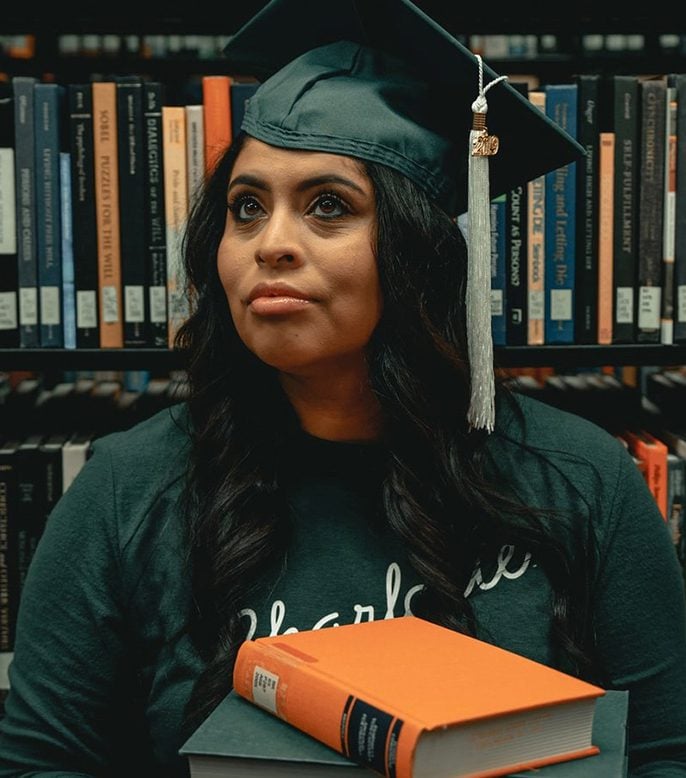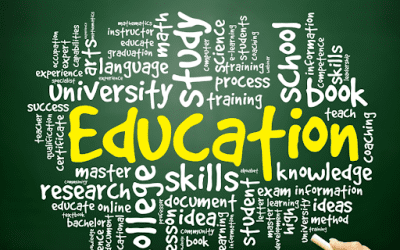Equity in education can be difficult. Yet, building a program where students participate equally in all aspects of education needs champions. Here are six ways deans can promote access to education.
Embrace Diversity with Liberal Arts Programs
First, liberal arts programs help to build equity in education. Vibrant theater performances attract the community. Likewise, partnerships between colleges and community groups offer theater, music, and art camps to diverse populations. These short-term programs portray shared humanity. Besides that, liberal arts camps create access as students are viewed as more than test scores. These programs demand students apply in-demand workforce skills such as teamwork and critical thinking. Also, these programs are portable recruitment centers.
Show First Time Students Opportunity to Access Education
Likewise, connections to first-generation college students build equity in education. Yet, first-generation college students differ from first-time college students. They each need access to different supports. First-time students need to know what help is available for them to succeed. Also, first-timers need to know how to ask for help. Make the path easy to follow. Alumni mentors give students access to opportunities that may not have been available in years past. Besides that, alumni are the best word-of-mouth marketers. They will tell first-timers that the degree is worth it.
Access to Education is Affordable
Also, students want a good education at an affordable price. Money is one limitation. Time is the other. Often access in education is defined by how much time students have to take advantage of the opportunities. Courses devised to weed out students need to be eliminated. This issue means nixing filler and fluff courses, textbooks, and fees. Besides that, students want to feel included in the school’s legacy.
Champion Degree Completion to Promote Access
Yet, many students put completing their degree on hold. Yet, institutional quirks make finishing up difficult. So, champion programs that make finishing up an abandoned degree easy to do. Still, little things like college credit transfers stop many students. Give students a line of sight as to how many of their credits will transfer and how. Let learners know what counts towards requirements. Offer programs that let students use work experience to meet course requirements. Let students know the school is a partner.
Position Technology as a Lifeline Through a Crisis
Also, technology lets students thrive in times of crisis. Students face an uphill battle in the struggle over the obstacles like poverty to access education. Also, unexpected loss, such as a job or the death of a loved one, forces students to prioritize life over education. Direct faculty how to use tech as a lifeline through times of crisis. Build simulations for learners who cannot relocate to access education. This opportunity preps students for internships in health and technical fields without the hefty upfront costs. Besides that, solutions that address limitations such as internet connectivity and daycare win in the long term. Also, online supportive communities help students feel included.
Remove Institutional Barriers
Still, often what limits access in education is not what an admission committee thinks. Traditional entrance requirements weed out a lot of excellent candidates. Exam fees are expensive. Scholarship applications and deadlines are not clear. Yet, these institutional barriers take time to decode. Still, a slight modification can create the change. Remove what is unnecessary. Change what is measured. Redefine what success looks like. Skill applications indicate student success than exam scores. Also, when the entrance path focuses on how far the student has traveled to get into the program, the school wins.
In sum, colleges can build access in education with these strategies. Colleges can build bridges for first-time students that explain the available supports. Deans can champion programs that offer opportunities to students that may not have otherwise had them. Colleges can use tech as a lifeline for students through a crisis. Together, colleges and communities can attract and identify talent through liberal arts programs.




